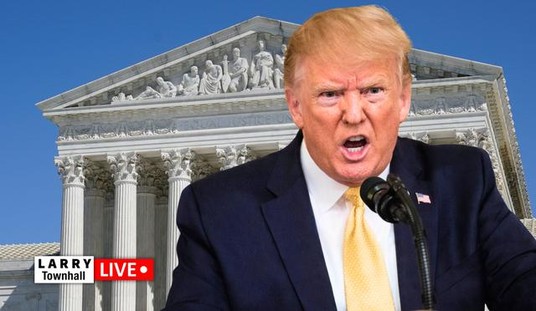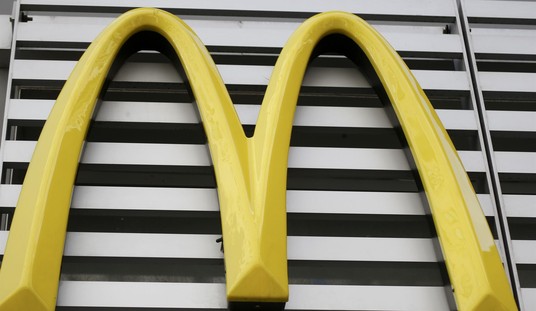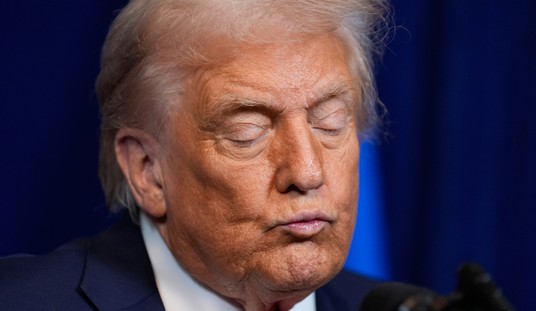The US Supreme Court is poised to take up the issue of whether the Fourteenth Amendment to the US Constitution bars former president Trump from running for president in 2024. The case originates with alleged GOP write-in candidate John Anthony Castro of Texas. So far, he's filed lawsuits challenging Trump's eligibility for office in eight states: Wyoming, Utah, Oklahoma, North Carolina, West Virginia, Montana, Kansas, and Idaho. A lawsuit by Castro in Florida has already been dismissed.
Castro's lawsuit is a long shot. The bar he has to cross is to prove he is personally injured by Trump's candidacy. He hopes to clear that hurdle by claiming that his candidacy is damaged by Trump's presence "based on a political competitive injury in the form a diminution of votes."
Newsweek says we should have the Supreme Court's decision in about a month.
The court distributed John Castro v. Donald Trump to the justices for conference on Wednesday ahead of the upcoming term, which will begin on October 2. Conference is to take place on September 26 and the case is expected to be decided on or before October 9.
Despite Castro's quixotic struggle with "standing," this issue is not going away. A few weeks ago, I posted on how this battle will play out; see, Even if Donald Trump Avoids Prison, Will He Be Allowed to Run for President? I'm nowhere near as sanguine about this threat as former RedState colleague Dan McLaughlin.
This is how Section Three of the Fourteenth Amendment reads:
No person shall be a Senator or Representative in Congress, or elector of President and Vice President, or hold any office, civil or military, under the United States, or under any State, who, having previously taken an oath, as a member of Congress, or as an officer of the United States, or as a member of any State legislature, or as an executive or judicial officer of any State, to support the Constitution of the United States, shall have engaged in insurrection or rebellion against the same, or given aid or comfort to the enemies thereof. But Congress may by a vote of two-thirds of each House, remove such disability.
The claim is that by contesting the vote count and giving a speech on January 6, Trump committed acts of insurrection or rebellion and, therefore, is not eligible.
This attack hit Madison Cawthorne and Marjorie Taylor Greene. The judge dismissed Greene's case. The Fourth Circuit ruled that Section 3 of the Fourteenth Amendment could disqualify candidates from running for office, but Cawthorne was defeated in his primary, preventing a definitive ruling.
The pressure point in this effort will be state secretaries of state, who have to determine if candidates meet the eligibility requirements to run. In the past, this has been limited to validating age, citizenship, and residency, which are the only Constitutional requirements. The volume of cases challenging Trump's eligibility will factor into their decision. The law journals, like the "conservative case of barring Trump from office," will provide a pseudo-legal rationale. Those law journal articles will have increased credibility after the leader of the Proud Boys was sentenced to 22 years for "seditious conspiracy:" BREAKING: Former Proud Boys Leader Sentenced to 22 Years in Prison for Role in J6 Riot. Trump managed to give the impression that the Proud Boys were under his command when he ordered them to "stand back and stand by."There are twenty Democrats who will be under incredible pressure to do this, and I have no idea how many TDS-infected Republican secretaries of state are out there. Sometime after the primaries are complete, but before general election ballots are printed, one or more secretaries of state are going to kick Trump off the ballot.
Sample Castro Lawsuit
Castro v Trump Lawsuit by streiff at redstate on Scribd














Join the conversation as a VIP Member